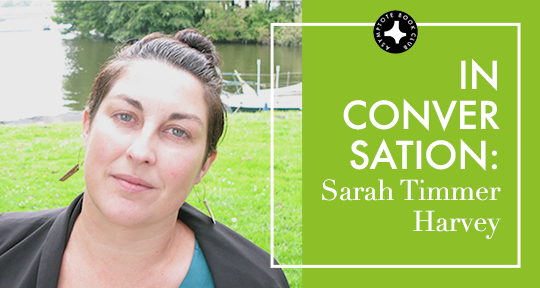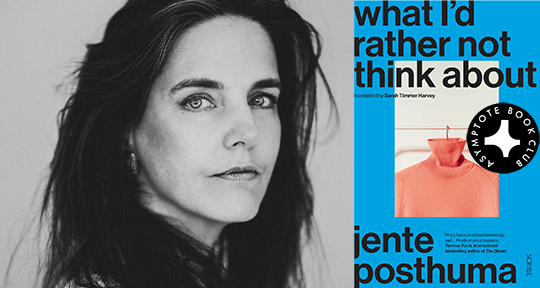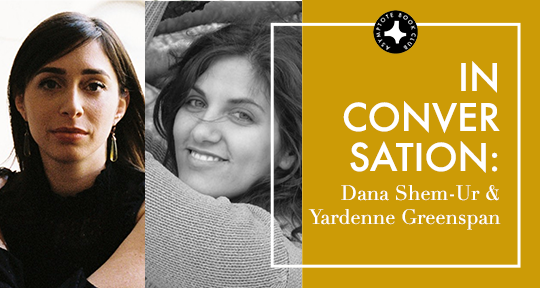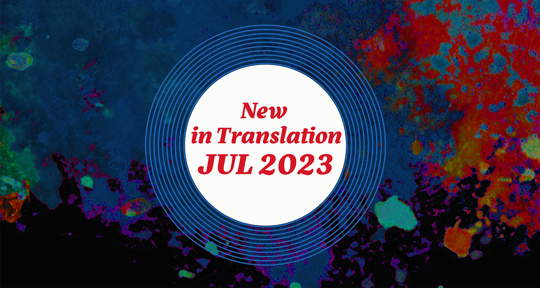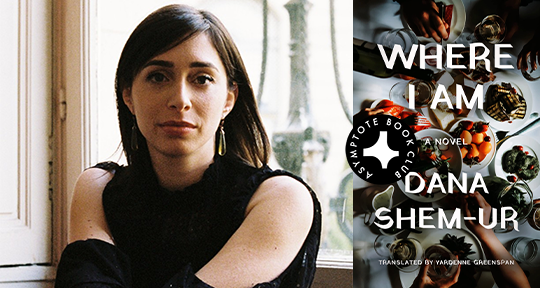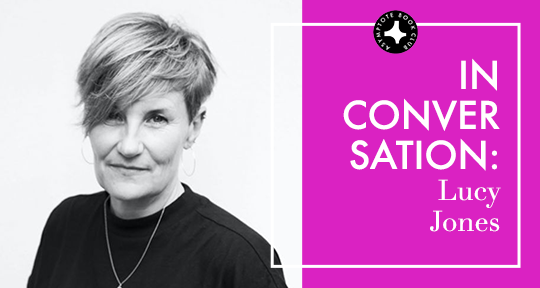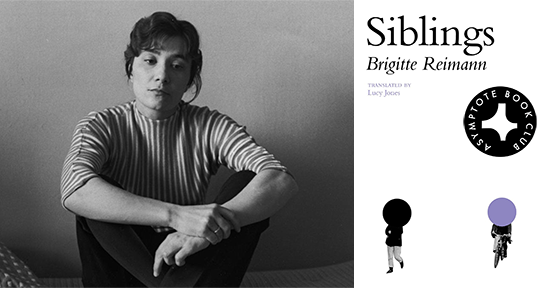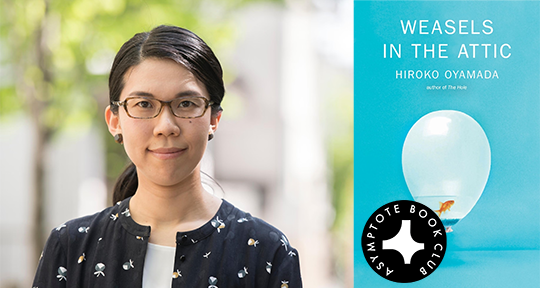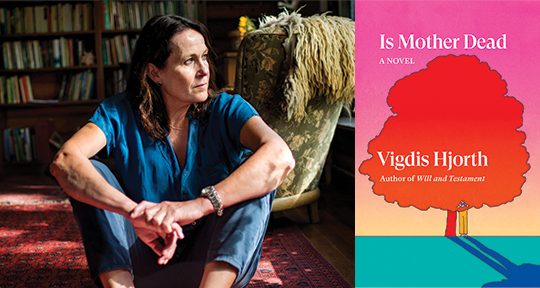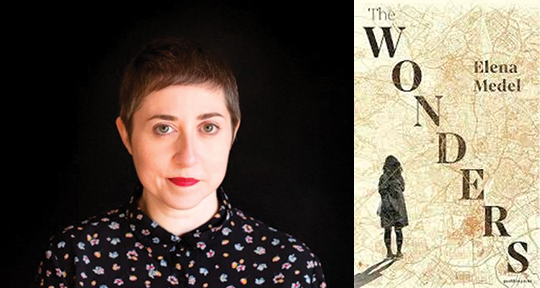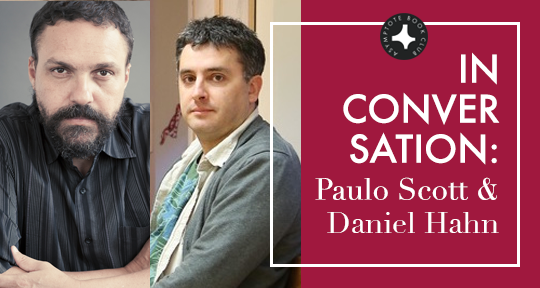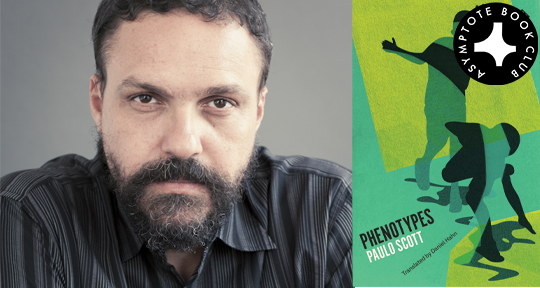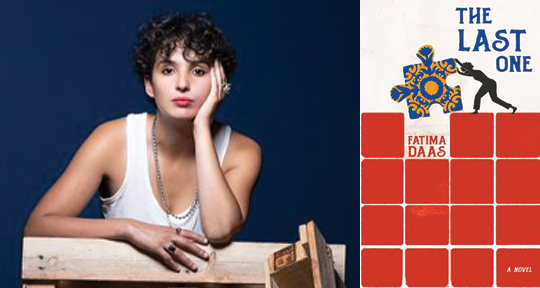In a time of deepening divisions, when the bipartisan nature of contemporary politics feels increasingly intimate and personal, Brigitte Reimann’s lauded autobiographical novel, Siblings, hits close to home. In a vivid and passionate depiction of a family torn apart in the division of 1960s Germany, Reimann writes with profound emotion about the brutal lines drawn by ideology, the inner turmoil of living under orthodoxy, and still—the bright ideals of socialism’s promises. As our Book Club selection for March, Siblings is a bold assertion of unities and divisions from one of East Germany’s best writers—a boundless voice speaking to the limits of individual perspective.
The Asymptote Book Club aspires to bring the best in translated fiction every month to readers around the world. You can sign up to receive next month’s selection on our website for as little as USD20 per book; once you’re a member, join our Facebook group for exclusive book club discussions and receive invitations to our members-only Zoom interviews with the author or the translator of each title.
Siblings by Brigitte Reimann, translated from the German by Lucy Jones, Transit Books, 2023
Much of translated literature focuses on fresh, contemporary voices, but projects that arrive after a long simmer hold the special promise of an enduring story, one that has earned its place in the cultural conversation; the work of Brigitte Reimann triumphantly takes this route towards English-language readers. Prolific and storied in the German sphere—where her work has never gone out of print, Reimann is a cornerstone writer of social realism and the German Democratic Republic. Born in 1933, she wrote prolifically from a young age, racking up literary awards from her school days until her untimely death from cancer in 1973, with her 1976 posthumous novel going on to become a bestseller and new, uncensored versions of her work continuing to attract new readerships. Siblings, winner of the 1965 Heinrich Mann Prize, is her first novel to be translated into English, following the 2019 publication of her diaries under the title I Have No Regrets—both translated by her persistent advocate, Lucy Jones.
Siblings transports us to post-war Berlin, when the lines were still being drawn around the nascent socialist dream. Formulated as an impassioned political debate, the novel follows young artist Elisabeth Arendt’s pro-socialist bent in a familial battle of virtues—East versus West—with her titular siblings. Her older brother, Konrad, has already defected. A former member of the Hitler Youth and an “elbow-man” who is used to getting his way, Konrad’s fate is of little consequence to Elisabeth: “I had nothing else to do than come to terms with the idea that I’d lost my brother (and lost meant permanently, for ever); a brother who was alive and well, sitting at a table with a white tablecloth a few streets from where I was, who would fly back to Hamburg the following morning, build tankers, save up for a Mercedes, sleep with his beautiful wife, go to the cinema, and carry on with his life.” Instead, her passion is directed towards her other brother, Uli, closer to her in both age and ideology, who has announced that he too will defect the following day: “I can’t stay here, I can’t breathe . . . I feel like a prisoner trapped behind bars, just stupidity and bureaucracy everywhere.” Set in 1960 before the construction of the Berlin Wall in 1961, defecting was not the daring escape it later became: at the time, when a person could simply walk from one side of the city to the other, weight of this journey fell firmly on moralistic grounds.
Elisabeth spares no conviction in arguing for the socialist dream. She is young and idealistic and works as a painter, charged with documenting the spirit of the factory worker through art. She herself lives and works at the factory, as was customary through a program known as the “Bitterfelder Weg,” designed to foster relationships between artists and workers and foment equality. The program’s ambition offers some of the most compelling writing in the novel, as Elisabeth shares her own revelation that the “production plant like any other, barren, flat land, milling with a few thousand workers building chimneys, halls and roofs, functional buildings made of glass or cold, dead concrete” may indeed be worth loving and fighting for. READ MORE…

